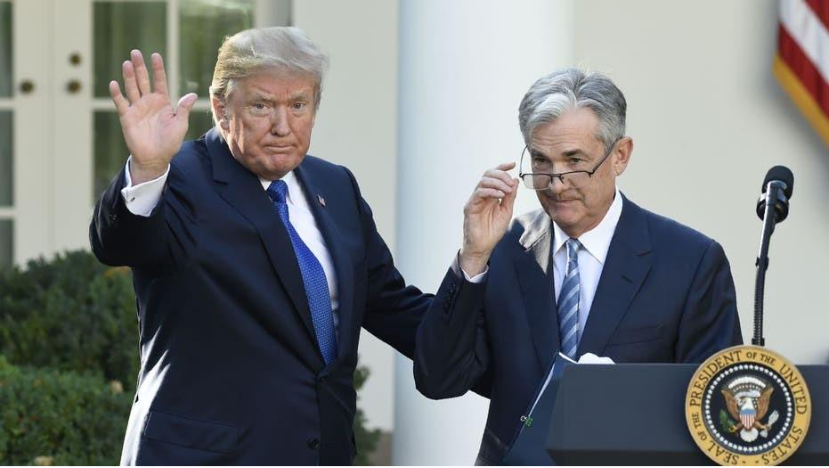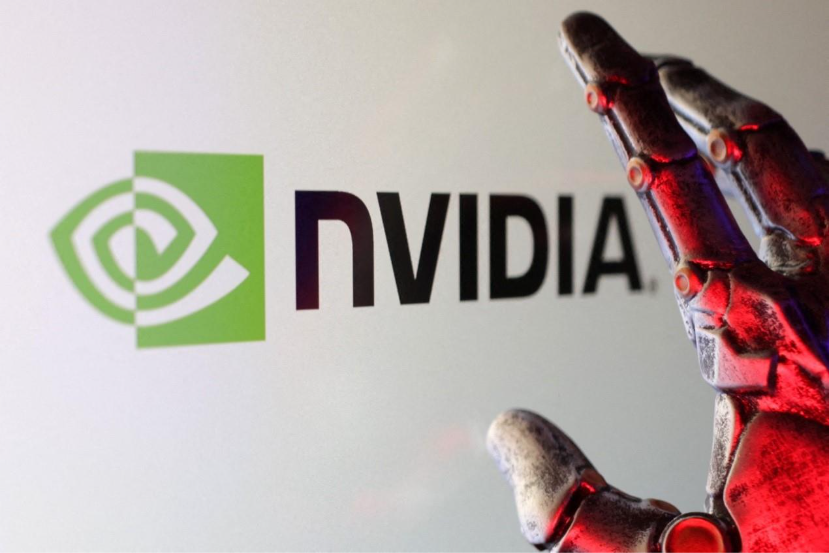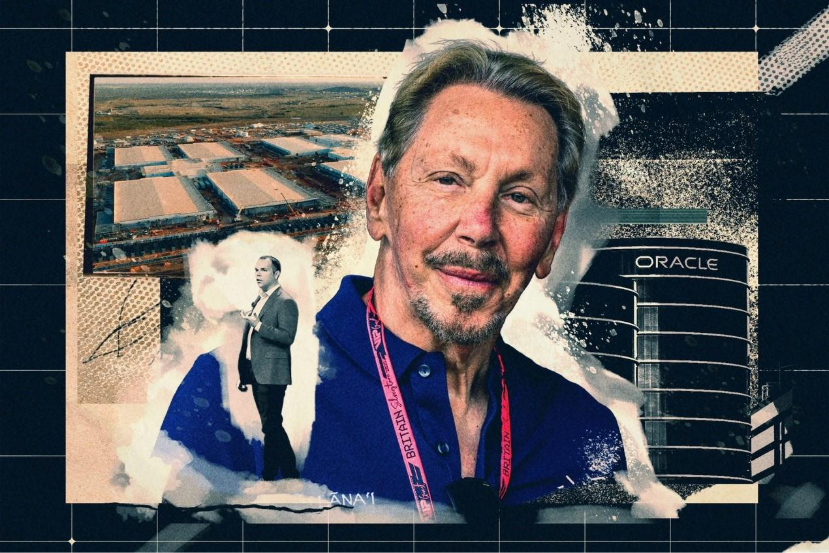US President Donald Trump has said he has already selected his nominee for the next Federal Reserve chair. Treasury Secretary Besent further clarified that the appointment could be formally announced before Christmas. Besent has narrowed the shortlist to the following candidates: current Fed governors Christopher Waller and Michelle Bowman, former Fed governor Kevin Warsh, White House economic adviser Kevin Hassett, and BlackRock executive Rick Rieder.

What will the Fed do with interest rates and how will Trump react? | Fox Business
Image source: Internet
Expectations around this major personnel change are directly shaping how markets assess the future path of monetary policy. The Trump administration has been consistently pressuring the Fed to cut rates. Treasury Secretary Besent has publicly stated that taxpayers will receive “sizable tax refunds” in early 2026 and predicted that “the inflation curve will move lower over the first two quarters.”
However, divisions within the Fed remain. According to the CME FedWatch tool, the probability of a rate cut in December has fallen to 45% from 90% a month ago, adding to uncertainty around the policy path.
Nvidia earnings loom, sentiment turns cautious
Ahead of Nvidia’s critical earnings release, the three major US equity indices fell for a fourth consecutive session. As of the close on 17 November, the Dow was down 1.18%, the S&P 500 fell 0.92%, and the Nasdaq lost 0.84%. The S&P 500 also broke below its 50-day moving average, a key technical support level.
Market worries are centered on whether Nvidia can maintain the high growth that underpins the AI narrative. Nvidia’s share price fell nearly 2% going into the earnings report. Even news that Berkshire had invested USD 4.9 billion in Alphabet—sending Alphabet’s stock up 3.11%—failed to reverse the broader weakness in the tech sector.

Baird investment strategist Ross Mayfield commented: “Nvidia needs to show that demand is still strong and hasn’t slowed. If its chip demand guidance comes in even slightly soft, the market reaction could be very negative.”
Volatility has picked up noticeably. The VIX fear index surged nearly 13% in a single day, reflecting investors’ flight to safety amid multiple layers of uncertainty.
Nvidia to produce AI servers worth up to $500 billion in US over four years | Reuters
Image source: Internet
Key focus areas for the earnings
Data center revenue:
This is Nvidia’s core growth engine, and its performance directly reflects the strength of demand for AI computing power.Forward guidance:
Against the backdrop of an AI investment boom, the company’s outlook for the next quarter and beyond will matter more for market sentiment than its historical results.Supply-chain stability and China-related trade issues:
Nvidia’s ability to meet demand, as well as potential risks stemming from US–China trade policy, are also key areas of focus for analysts.
Oracle may become the killer of the AI bull market
Oracle’s aggressive investment to compete in the AI infrastructure market has sparked widespread concern. The company’s long-term debt has risen from USD 75 billion a year ago to USD 96 billion, and Morgan Stanley projects that its debt could soar to USD 290 billion by 2028.
This highly leveraged expansion is being reflected directly in its share price: Oracle’s stock has fallen 25% over the past month, far underperforming other tech giants and almost doubling the decline seen in Meta.
The main risk stems from its massive deal with OpenAI. Oracle’s compute-services agreement with OpenAI is worth a total of USD 300 billion, but building the necessary data centers is expected to require USD 225–270 billion in investment. Barclays analysts warn that Oracle’s AI infrastructure spending has already far outstripped its free cash flow. Moody’s, meanwhile, has highlighted the significant risk posed by Oracle’s heavy reliance on a small number of AI clients such as OpenAI. S&P Global further points out that by 2028, one-third of Oracle’s revenue will be tied to a single customer, creating substantial credit risk.

Oracle Cloud Powers OpenAI, Nvidia, and Larry Ellison's Riches – Bloomberg
Image source: Internet
The OpenAI partnership halo—once seen as a kind of “philosopher’s stone”—is no longer working its old magic. Nowhere is this shift more apparent than in Oracle’s case, which reflects a fundamental change in how markets are evaluating AI-themed stocks.
Looking back at recent moves in capital markets, we can see a clear trajectory. Just a few months ago, any announcement of a tie-up with OpenAI was enough to trigger enthusiastic buying. Yet sentiment has shifted markedly in recent weeks. When Broadcom and Amazon successively announced partnerships with OpenAI, the market reaction was muted, and both companies’ share prices fell rather than rose.
More strikingly, even industry giant Nvidia failed to see a meaningful lift in its share price after announcing an investment agreement with OpenAI in September.
Taken together, these market reactions point to a crucial trend: when cooperation with leading AI players no longer automatically translates into share price gains, those hundred-billion-dollar capex commitments begin to lose their original appeal. Investors are moving away from early-stage theme-chasing toward more cautious, value-based assessments, digging deeper into the true return potential of these huge investments.
At this critical moment of value reassessment, a fundamental question emerges: if even the market itself is starting to doubt the intrinsic value of these projects, how can the capital that underpins the entire AI boom remain sustainable?
This shift in investment logic hangs like a sword over AI concept stocks, constantly reminding market participants to re-examine the balance between risk and reward.









